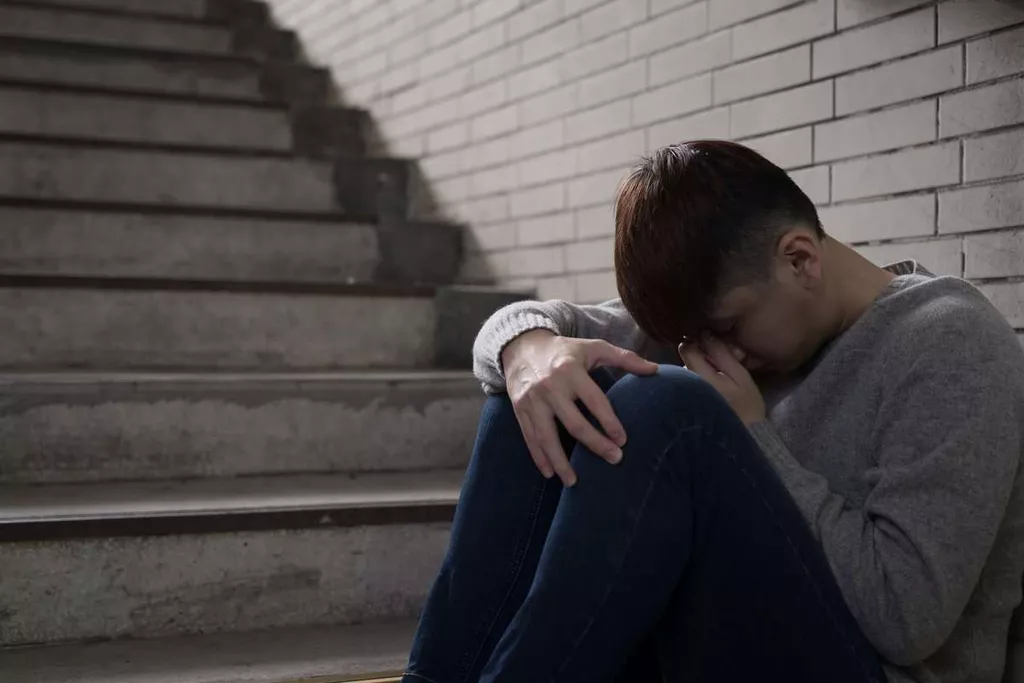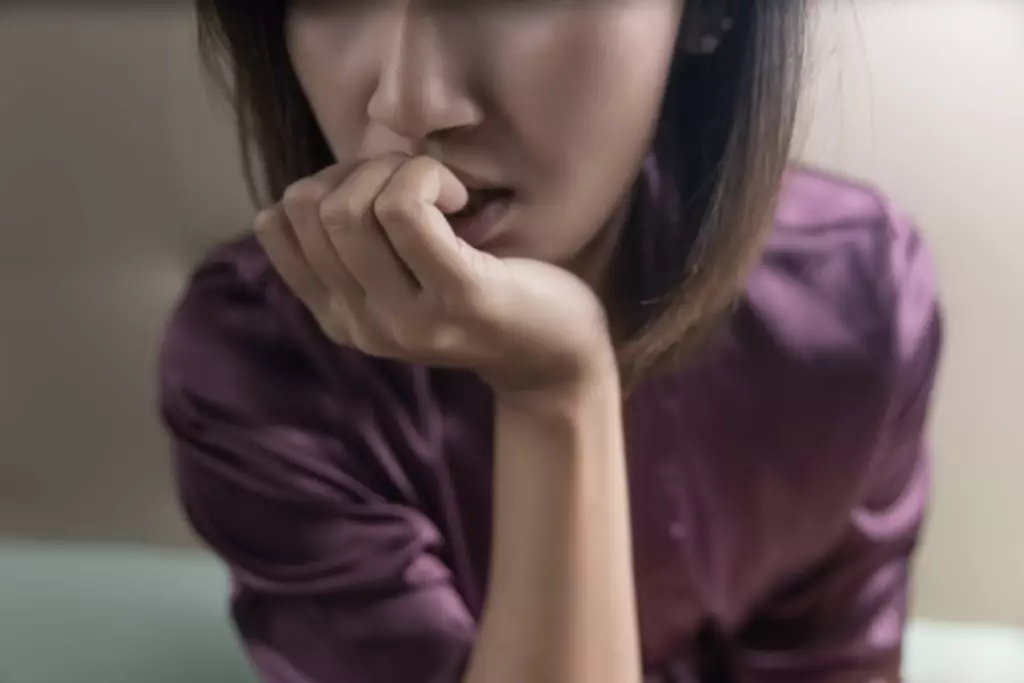In contrast, some people with depression experience hypersomnia, which is when they oversleep and feel excessively tired during the day. A 2016 study found hypersomnia can make depressive symptoms worse and can cause treatment resistance. A 2019 study revealed sleep disturbance can lead to a negative cycle that’s difficult to get out of. A lack of sleep can lead to low energy, high levels of stress, and irritability, which are common symptoms of depression. And feeling irritable and stressed can cause tossing and turning at night.
Treatment of Co-Occurring AUD and Depressive Disorders
- If you aren’t feeling good about yourself, it’s common to want to be alone, but doing so can make your depression worse.
- This multi-test approach will help them rule out other conditions that might account for your symptoms.
- Your symptoms can range from mild to severe and can include drinking more than you meant to, having trouble cutting back on drinking when you try, or being unable to quit drinking even though it’s causing problems in your daily life and relationships.
- If you’ve ever used alcohol to deal with feelings of depression, you may have found that after your buzz wears off, you’re left feeling even lower than before.
- About a quarter of the veterans he studied had made a visit to the VA pain clinic, and more than 90% had mental health visits.
- There is a lot that we still need to understand about the link between alcohol and depression, and this is an emerging area of research.
- The assumption is that an individual would not be engaging in a given behavior if it did not serve some function.
You may not realize how much alcohol you’re actually drinking in a week. A good first step is to keep a record of how much alcohol you can alcohol make depression worse drink and of when you don’t drink throughout the week. Alcohol affects your brain, making you feel relaxed in a small amount of time.
Alcohol Addiction and Withdrawal

And the same lines of research reveal that people living with depression often have serious folic acid deficiencies (Cooper & Bolander-Gouaille, 2005). Anytime you use a substance in a way that it wasn’t designed, you are abusing it. I’m going to share a brief example below to help draw a mental picture. Because https://ecosoberhouse.com/ alcohol can make you lose your inhibitions and act more impulsively, it may lead to actions such as self-harm or suicide. If you suspect you’re using alcohol to cope with depression, or that alcohol use might contribute to your depression, a good next step involves reaching out to a professional for guidance.
- Despite efforts to comprehend the overall biology of substance use disorders, scientists’ and physicians’ understanding of the relationship between women’s health and binge drinking has lagged behind.
- Sometimes people drink alcohol to help with the symptoms of stress, anxiety, and depression.
- Research tells us that people who regularly drink experience reductions in folic acid; a member of the B-9 vitamin family.
- Much like barbiturates (sedatives), alcohol is a drug that affects the central nervous system (CNS) and the brain’s functionality.
- Lerner stopped drinking while attending an inpatient program in June 2016.
Relationship issues
If you’ve ever used alcohol to deal with feelings of depression, you may have found that after your buzz wears off, you’re left feeling even lower than before. If your loved one is struggling with both depression and alcohol, it can feel overwhelming. To overcome these patterns, a person must be ready to change of their own accord. But if you think they will be receptive, approach the problem with empathy and nonjudgement, and be prepared to offer solutions. If they are ready, help them research their options, and discuss the best ways for you to be supportive. Here are three ways drinking can make things worse in the long run.
- Similarly, Crum, Brown, Liang, and Eaton (2001) demonstrated that depressed female problem drinkers were twice as likely to become daily drinkers compared with nondepressed female problem drinkers.
- Individuals with alcohol use disorder may drink too much alcohol, too often.
- Some researchers have suggested that the effects of psychotherapy may account for some of the pill placebo response observed in medication studies.
- Physical symptoms can include changes in appetite or weight (usually decreased, but sometimes increased), lack of energy, low sex drive and disturbed sleep.
- Drinking alcohol excessively can also get in the way of other activities, your relationships, and your self-esteem, which can further affect your mental health.
Change Password
Children who have major depression as a child may drink earlier in life, according to one study. From a glass of wine with dinner to a night out with friends or a celebratory toast, alcohol consumption is deeply ingrained in many social practices and cultural traditions worldwide. In the United States, over 84% of adults report drinking alcohol at least once in their lifetime.


The 4 Worst Foods for Your Anxiety – Healthline
The 4 Worst Foods for Your Anxiety.
Posted: Tue, 31 Jul 2018 20:41:35 GMT [source]
Depresses brain and nervous system
- They can encourage you along the way and keep you company if you’re using exercise or other tactics to help you cope.
- The more you drink, however, the more likely your emotional state will begin plummeting back down.
- I’ll explain more about this below and have included a video designed to help deepen your understanding.
- Naltrexone, Acamprosate, and disulfiram are also FDA-approved medications that can help curb alcohol cravings.